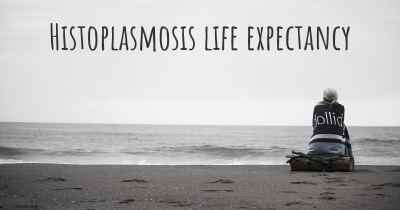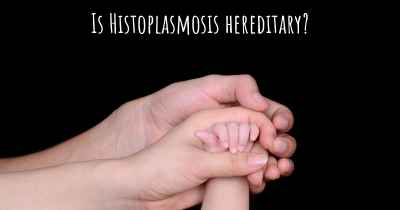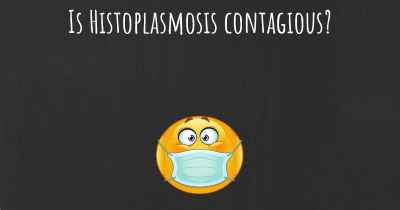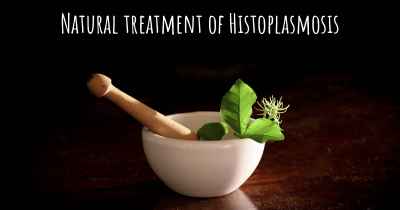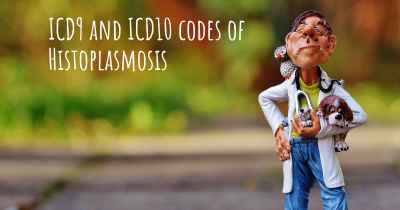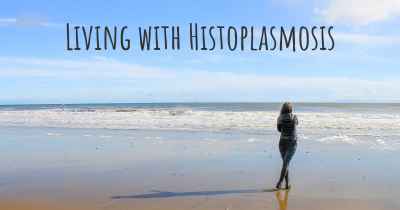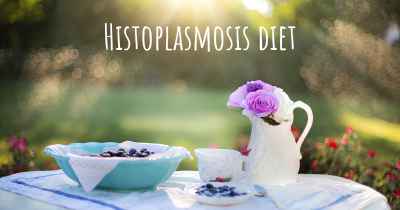What is the history of Histoplasmosis?
When was Histoplasmosis discovered? What is the story of this discovery? Was it coincidence or not?

Histoplasmosis is a fungal infection caused by the inhalation of spores from the fungus Histoplasma capsulatum. This disease has a fascinating history that spans over a century, involving significant discoveries, medical breakthroughs, and a better understanding of its epidemiology and treatment.
The first documented case of histoplasmosis occurred in 1905 when a group of young men working on the Panama Canal fell ill with a mysterious respiratory illness. However, it wasn't until 1912 that the disease was officially recognized and named by Samuel Darling, an American pathologist. Darling identified the causative agent and named it Histoplasma capsulatum.
Throughout the early 20th century, histoplasmosis cases were primarily reported in the Mississippi and Ohio River valleys in the United States. The disease was often associated with activities involving soil disturbance, such as construction, farming, and spelunking. However, it wasn't until the 1930s that the true nature of the disease and its association with bird droppings were discovered.
In 1934, two researchers, Samuel Taylor Darling and Chester Emmons, conducted a study in Indianapolis, Indiana, where they found a high prevalence of histoplasmosis cases among poultry workers. They hypothesized that the fungus responsible for the disease was present in bird droppings. This groundbreaking discovery led to further investigations into the ecology and epidemiology of histoplasmosis.
In the 1940s, researchers made significant progress in understanding the life cycle of Histoplasma capsulatum. They discovered that the fungus thrives in soil enriched with bird or bat droppings, particularly in areas with high nitrogen content. The spores of the fungus are released into the air when the contaminated soil is disturbed, and humans can become infected by inhaling these airborne spores.
The development of diagnostic tools and treatment options for histoplasmosis advanced in the mid-20th century. In the 1950s, the complement fixation test, a serological test, was introduced to detect antibodies against the fungus in patients' blood. This test greatly improved the accuracy of diagnosis. Additionally, antifungal medications, such as amphotericin B and itraconazole, were discovered and proved effective in treating severe cases of histoplasmosis.
Over the years, histoplasmosis has been associated with various outbreaks and clusters. One notable outbreak occurred in 1978 when a group of attendees at a convention in Philadelphia developed histoplasmosis symptoms. Investigation revealed that the convention center was contaminated with bird droppings, leading to the release of fungal spores into the air conditioning system.
The understanding of histoplasmosis continued to evolve in the late 20th century and beyond. Researchers discovered that certain populations, such as individuals with weakened immune systems (e.g., HIV/AIDS patients) and those living in endemic regions, are more susceptible to severe forms of the disease. They also identified different clinical manifestations of histoplasmosis, ranging from mild respiratory symptoms to disseminated infections affecting multiple organs.
Today, histoplasmosis remains a significant public health concern, particularly in regions where the fungus is endemic. The disease is prevalent in parts of North and Central America, Africa, Asia, and Australia. Ongoing research aims to improve diagnostic techniques, develop more effective treatments, and enhance preventive measures to reduce the burden of histoplasmosis worldwide.
